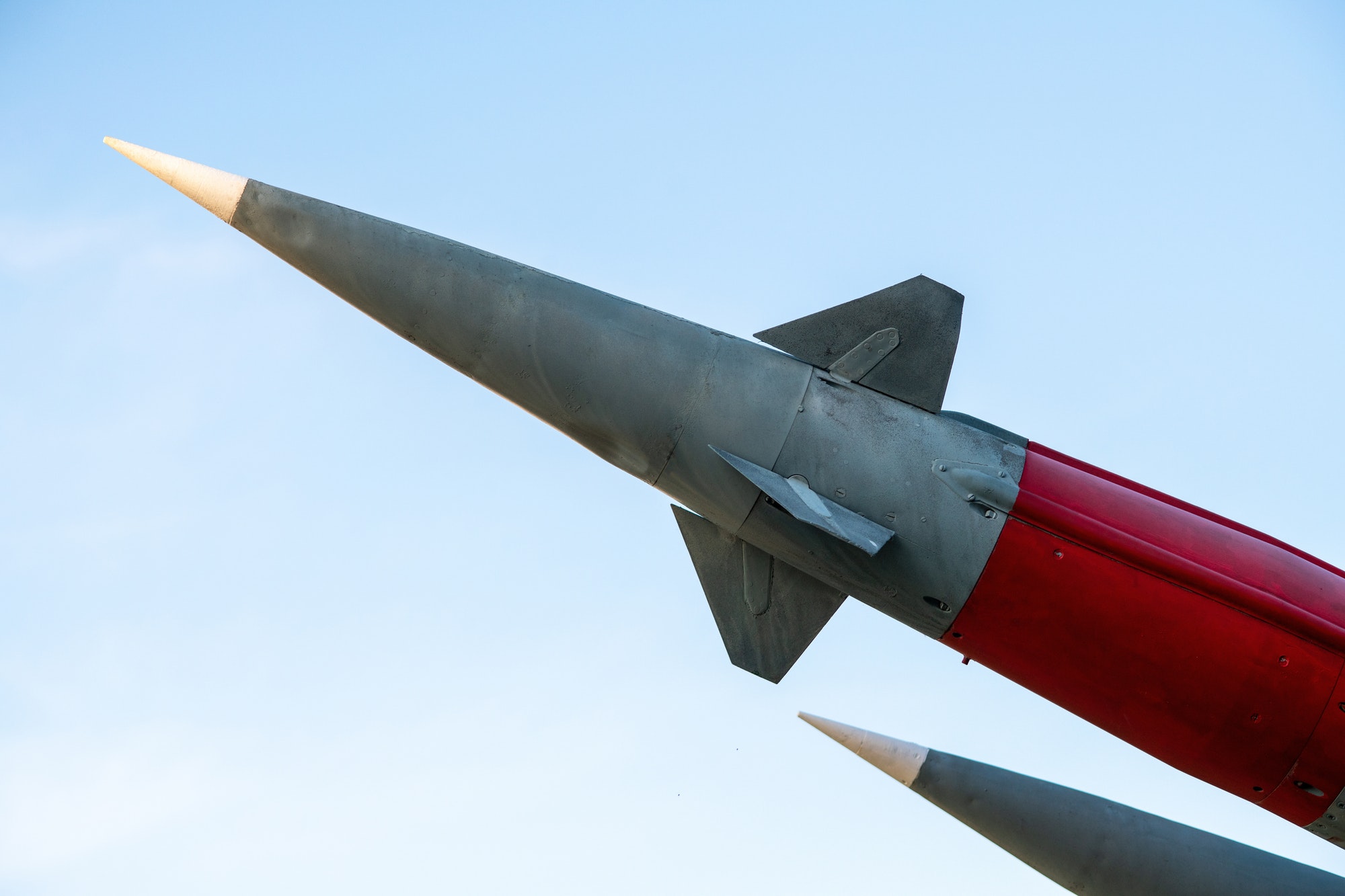What Happened in the Gulf of Aden?
Breaking Down the Houthi Missile Strike
So, there’s been a big incident at sea. A tanker in the Gulf of Aden, which is a super important waterway, was hit by a missile and caught fire. The group behind this? The Houthis from Yemen. This is a big deal because it ramps up tension in a region that’s already pretty tense. It’s like adding fuel to a fire in Middle East politics and has got everyone worried about safety in these waters.

The Marlin Luanda Tanker’s Bad Day
The tanker, called Marlin Luanda, was just doing its thing when it got struck by missiles. This isn’t just bad news for the people on the ship but also for everyone who relies on this route for moving goods around – it’s like a major highway for ships.
What’s the World Saying?
Britain’s Reaction
The UK isn’t happy about this. They’re like the big brother saying, “Don’t make me come over there.” They and their allies are talking about how to respond. It shows that this isn’t just a local issue – it’s got countries from all over the world looking on and thinking about what to do.
Iran, the Houthis, and Middle East Drama
This situation also shines a light on Iran. They’re known to back the Houthis, and this adds another chapter to the already complicated story of who’s friends with whom in the Middle East.
So What Does This Mean for Everyone?
Big Picture: International Relations and Defense
This isn’t just about ships and missiles; it’s about how countries get along (or don’t). It’s a wake-up call for big players on the world stage to think about their defense game, especially if they have interests in the Middle East or care about keeping sea routes safe.
Energy, Oil, and World Politics
Hitting an oil tanker is a big deal. It shows how fragile our energy supplies can be and how quickly a regional conflict can shake things up for the whole world. It’s like a reminder that what happens in one corner of the world can affect everyone, especially when it comes to oil and energy.
To wrap it up, the missile attack on the Marlin Luanda tanker by the Houthis is a major event that highlights ongoing issues in the Middle East. It’s a wake-up call about global security and energy supplies, showing how important it is for countries to work together to handle such situations and prevent bigger problems.

Frequently Asked Questions (FAQs) About the Gulf of Aden Tanker Attack
1. Who are the Houthis and why did they attack the tanker?
The Houthis are a Yemen-based group involved in the ongoing conflict in Yemen. They attacked the tanker, Marlin Luanda, as part of their broader conflict against a coalition of countries that oppose them. This attack is seen as a way to assert their power and influence in the region.
2. Why is the Gulf of Aden important?
The Gulf of Aden is a key maritime route that connects the Indian Ocean with the Red Sea and the Mediterranean Sea. It’s crucial for global trade, especially for the transport of oil. This makes it strategically important and a hotspot for regional tensions.
3. What has been the international response to this incident?
The international response, led by countries like the UK, has been one of concern and condemnation. These countries are discussing how to respond and ensure maritime security in the region. This incident has drawn attention to the need for international cooperation in protecting crucial sea lanes.
4. How does this incident affect global oil supplies and energy security?
The attack on an oil tanker in a key shipping route highlights the vulnerability of global oil supplies to regional conflicts. It raises concerns about energy security and the stability of oil prices, as any disruption in key routes like the Gulf of Aden can have a significant impact on global energy markets.
5. What are the possible long-term implications of this incident?
Long-term, this incident could lead to increased military presence and security measures in the Gulf of Aden, potentially escalating regional tensions. It also underscores the need for diplomatic efforts to resolve underlying conflicts. For the global community, it’s a reminder of the interconnectedness of regional conflicts, maritime security, and energy stability.
Sources The Telegraph


